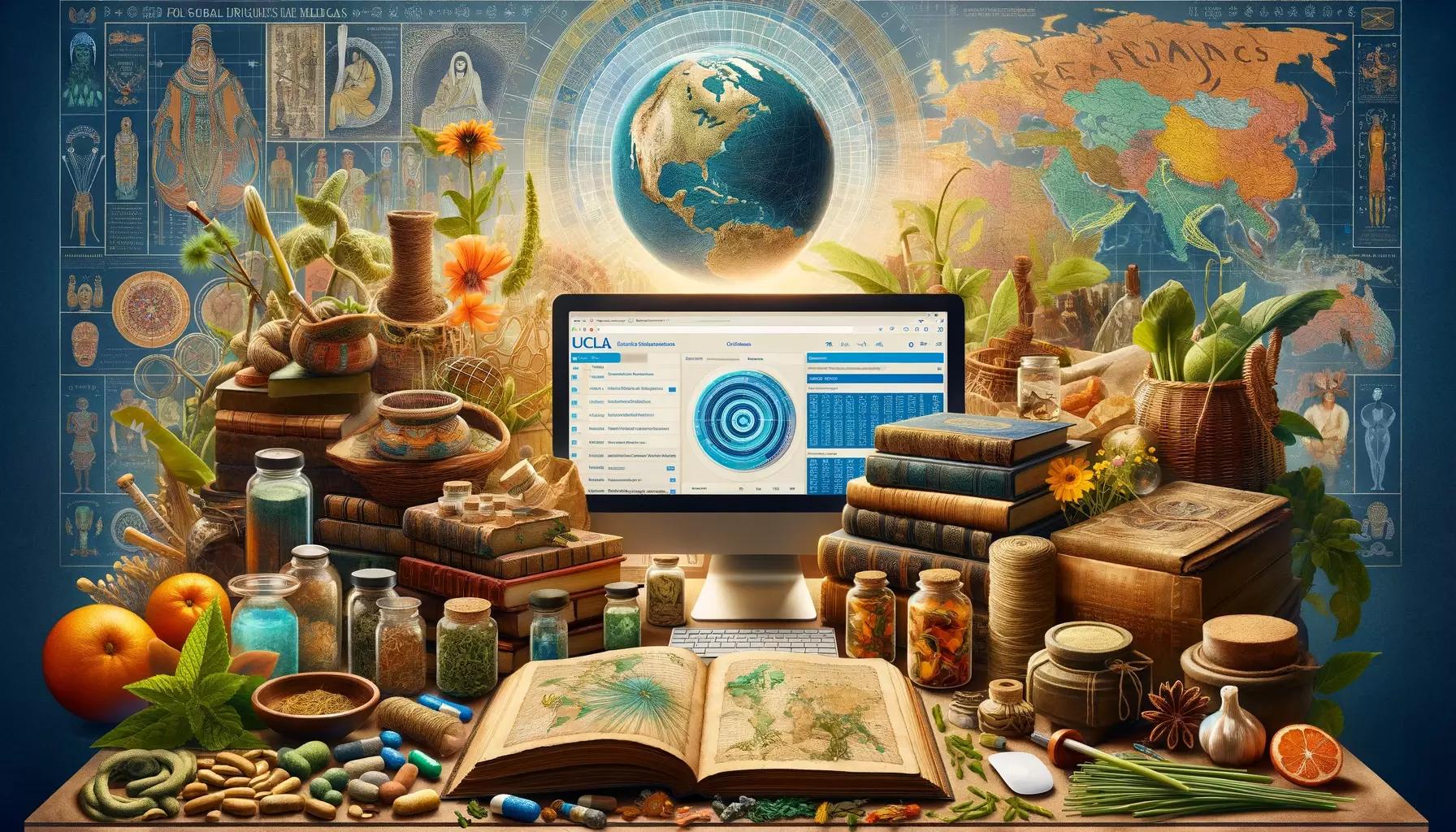Introduction to the Digital Archive
The University of California, Los Angeles (UCLA) has launched a groundbreaking digital archive, safeguarding centuries-old indigenous medicinal practices. This online resource encompasses an extensive collection of traditional healing methods, meticulously curated from various sources including anthropologists’ observations, academic research, oral histories, and folklore narratives.
Democratizing Healing Knowledge
David Shorter, the project’s director, emphasizes the archive’s mission to democratize and respectfully share healing knowledge across cultures. This initiative places a strong focus on honoring intellectual property rights while making these ancient practices more accessible to a global audience.
Aims and Objectives of the Archive
Reported by Valentina Di Liscia for Hyperallergic, this database stands as one of the world’s most comprehensive repositories of medicinal folklore. A significant objective of this project is to preserve indigenous healing methods and protect them from potential commercial exploitation by pharmaceutical entities. Consequently, specific details about certain plants and recipes are intentionally excluded to prevent misuse.
Addressing Historical Oversights
Historically, Western medicine has often neglected the value of herbal remedies, particularly those developed by women and indigenous communities. As noted by folk herbalist Sade Musa in a 2019 Healthline article, many of these traditional treatments, typically transmitted orally, were disregarded in favor of written medical documentation. Healthline also highlights how colonialism and patriarchy have influenced the medical industry, often sidelining indigenous knowledge.
The Evolution of UCLA’s Database
The UCLA database, originally established over 40 years ago by faculty member Wayland Hand, underwent significant digital transformation under folklorist Michael Owen Jones in 1996. Following Jones’ retirement, the database remained largely unnoticed until a librarian introduced it to David Shorter in 2012. Shorter’s involvement rejuvenated the project, leading to its current expansive state, housing up to 800,000 entries on global healing practices.
Technical Development and Accessibility
Shorter, alongside programmer Michael Lynch and students from a newly formed interdisciplinary class, revamped the database. They restructured the data and developed a user-friendly online interface, offering personalized search results for different user categories, including health care providers, researchers, and the general public. Users can now easily explore remedies for various ailments, with the ability to refine searches based on treatment type.
Ensuring Credible Information
In the wake of increased medical misinformation, particularly during the Covid-19 pandemic, the team has diligently removed approximately 200,000 entries from the original collection to prevent the spread of misleading information. The Archive of Healing also plans to incorporate a feature for user contributions, fostering a communal platform for knowledge exchange.
The Future of the Archive
Shorter expresses his vision for the archive as a collaborative and creative space, inviting users to engage in a shared process of learning and inspiration. The Archive of Healing is set to welcome new contributions, enhancing its role as a vital resource in the preservation and understanding of indigenous healing traditions.
